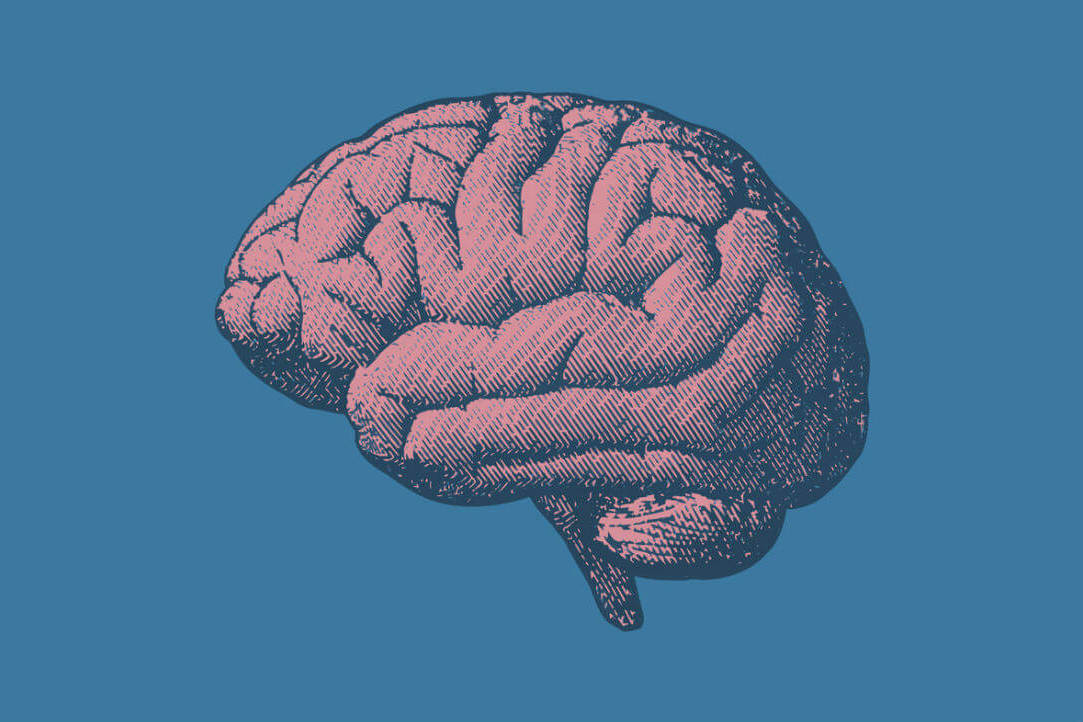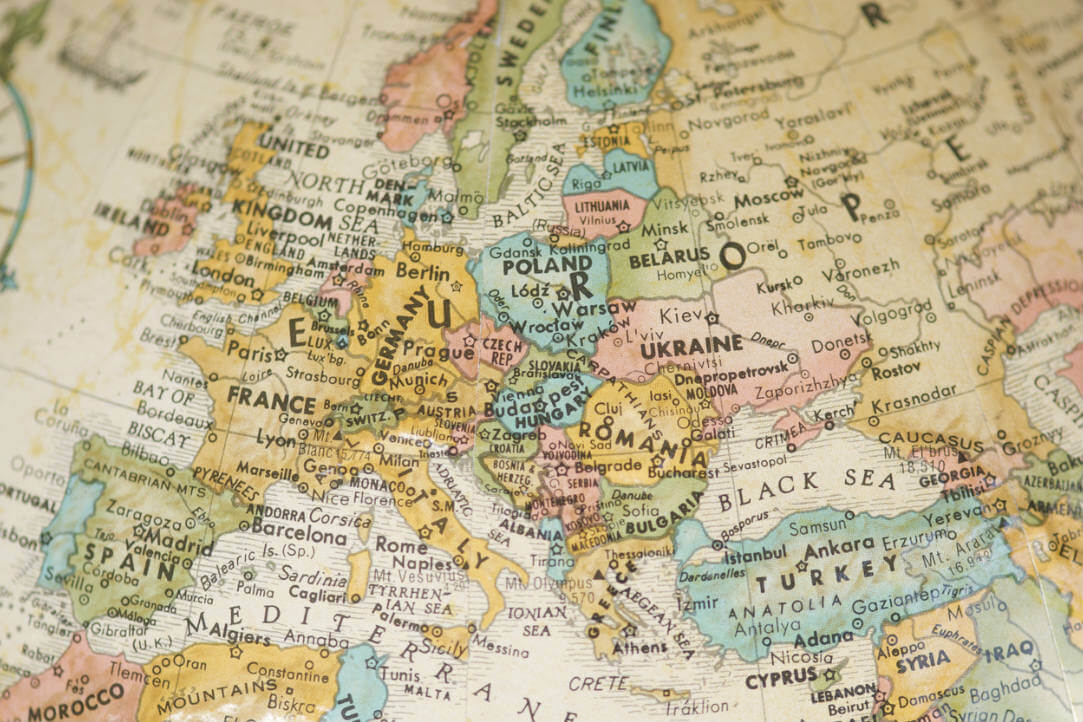
Tag "IQ"




This was the conclusion made by researchers from the HSE Centre of Sociology of Higher Education who analysed responses to rating scale questions made by more than 22,000 respondents. Their results showed that the first option from the list of alternatives is chosen most often.

Benchmark data and the standard of living in the regions of Russia affect student mobility, according to a study by HSE Centre for Institutional Studies researchers Ilya Prakhov and Maria Bocharova. Strong graduates from more educated and wealthy families are more likely to enrol in a university far from home, but the economy usually affects such a decision. High wages draw students towards the regions, while a high cost of living pushes them away.
Mathematicians at the Higher School of Economics have developed a model that explains how cell specialization arises in the context of resource constraints. The results are published in PLOS One journal.


